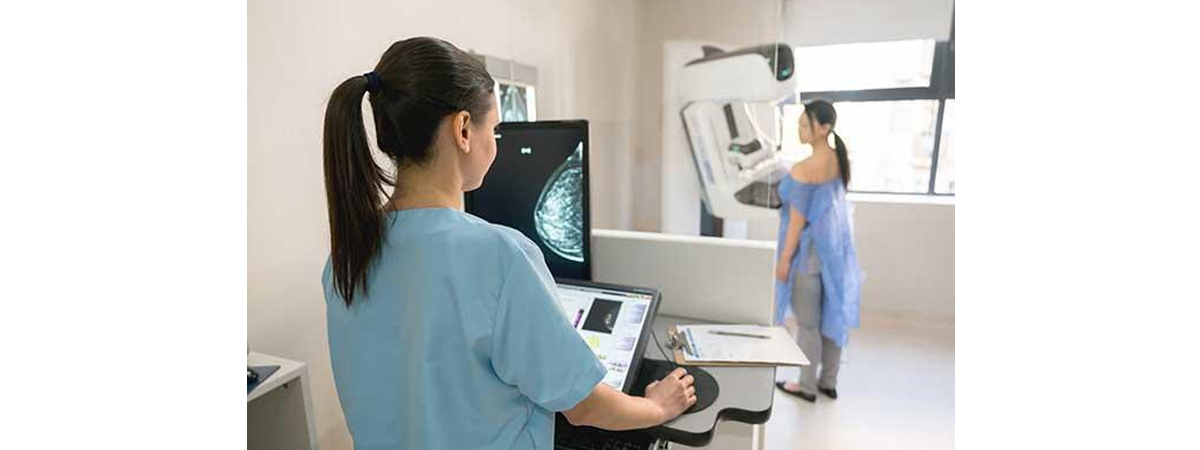


Cancer Screening in Andheri West
Cancer screening refers to the process of detecting cancer in individuals who do not have any symptoms. The goal of cancer screening is to identify cancer at an early stage when it is more likely to be treated successfully. Screening tests can help identify precancerous conditions or early-stage cancers before they cause noticeable symptoms. In this article, we will explore the importance of cancer screening, commonly used screening tests, and considerations associated with the screening process.
Cancer screening plays a vital role in reducing the morbidity and mortality associated with various types of cancer. Early detection allows for timely intervention and treatment, which can improve outcomes and increase the chances of survival. Screening can help identify cancer in its early stages when it is often more treatable, providing individuals with more options for less invasive treatments and better long-term outcomes.
There are several commonly used cancer screening tests, and the choice of the screening method depends on the type of cancer being targeted. Some of the widely employed screening tests include:
It is important to note that while cancer screening can be highly beneficial, it also has considerations and limitations. False-positive results can occur, leading to unnecessary anxiety, follow-up tests, and potentially invasive procedures. False-negative results can also occur, giving a false sense of security and delaying the diagnosis. Additionally, some screening tests may carry risks or discomfort, such as radiation exposure in mammography or the need for bowel preparation in colonoscopy.
The decision to undergo cancer screening should be based on an informed discussion between individuals and their healthcare providers. Factors such as age, personal and family medical history, and individual risk factors should be taken into account when determining the appropriate screening recommendations.
Furthermore, it is important to understand that cancer screening is not a guarantee against developing cancer. Even with regular screening, some cancers may not be detected at an early stage, and some cancers may develop between screening intervals. Therefore, it is essential to be aware of potential signs and symptoms of cancer and seek medical attention if any concerning changes occur.
In conclusion, cancer screening plays a crucial role in the early detection and management of various types of cancer. It can help identify cancer at an early stage when treatment is more effective and can potentially save lives. However, the decision to undergo cancer screening should be based on an informed discussion with a healthcare provider, considering individual risk factors and screening guidelines. Regular screening, coupled with awareness of potential signs and symptoms of cancer, can contribute to improved outcomes and overall well-being.
Contact Now, For Best Cancer Screening Doctor in Andheri West.